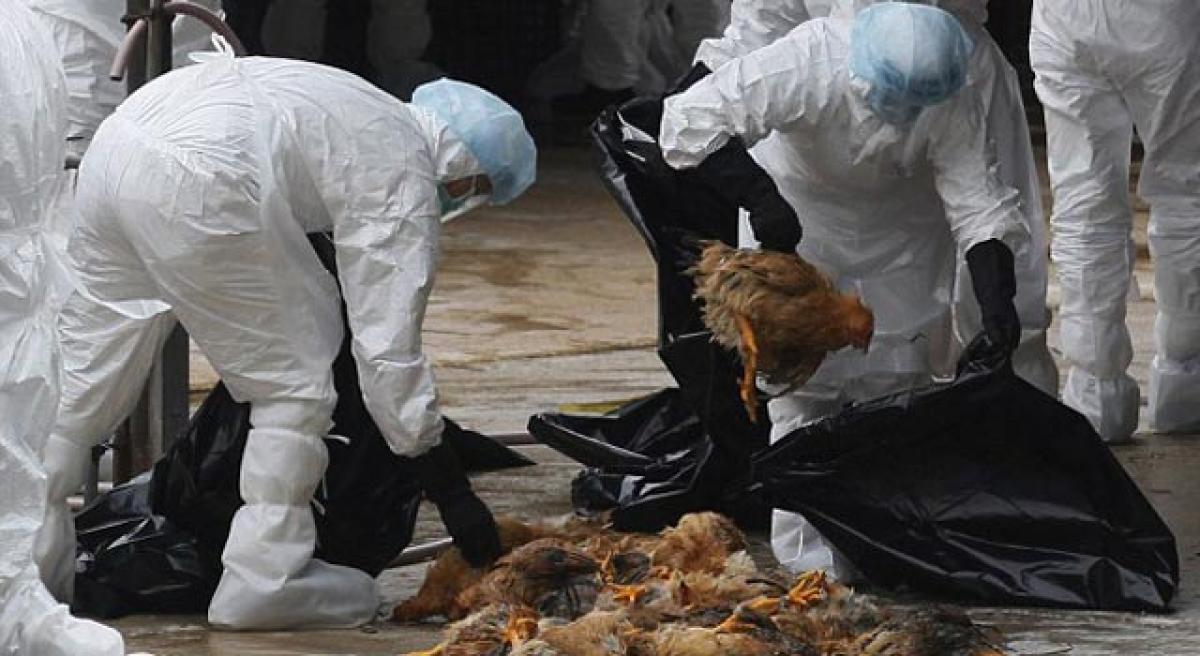H5N1 influenza

H5N1 infection in humans can cause severe disease and has a high mortality rate. If the H5N1 virus were to change and become easily transmissible from person to person while retaining its capacity to cause severe disease, the consequences for public health could be very serious.It would be a cause for concern, should the H5N1 virus become more easily transmissible among humans.
Following the deaths of some pelicans, the National Zoological Park and the famous Hauz Khas Deer Park in Delhi have been shut down temporarily amid the death of avians in suspected cases of H5N1 influenza virus.H5N1 is a type of influenza virus that causes a highly infectious, severe respiratory disease in birds called avian influenza (or "bird flu"). Human cases of H5N1 avian influenza occur occasionally, but it is difficult to transmit the infection from person to person. When people do become infected, the mortality rate is about 60%.
H5N1 infection in humans can cause severe disease and has a high mortality rate. If the H5N1 virus were to change and become easily transmissible from person to person while retaining its capacity to cause severe disease, the consequences for public health could be very serious.It would be a cause for concern, should the H5N1 virus become more easily transmissible among humans.
The symptoms of H5N1 infection may include fever (often high fever, > 38°C) and malaise, cough, sore throat, and muscle aches. Other early symptoms may include abdominal pain, chest pain and diarrhoea. The infection may progress quickly to severe respiratory illness (for example, difficulty breathing or shortness of breath, pneumonia, Acute Respiratory Distress Syndrome) and neurologic changes (altered mental status or seizures).
Normal temperatures used for cooking (so that food reaches 70°C in all parts) will kill the virus. As a standard precaution, WHO recommends that poultry, poultry products and wild game birds should always be prepared following good hygienic practices, and that poultry meat should be properly cooked.To date, a large number of human infections with the H5N1 virus have been linked to the home slaughter and subsequent handling of diseased or dead birds prior to cooking. These practices represent the highest risk of human infection and are the most important to avoid.
Safety issues and food risksIn most cases, avian influenza in humans develops into a serious disease that should be treated promptly in the hospital and may require intensive care, where available. The antiviral medicine oseltamivir can reduce the severity of illness and prevent death, and should be used in all cases.Candidate vaccines to prevent H5N1 infection have been developed, but they are not ready for widespread use.











